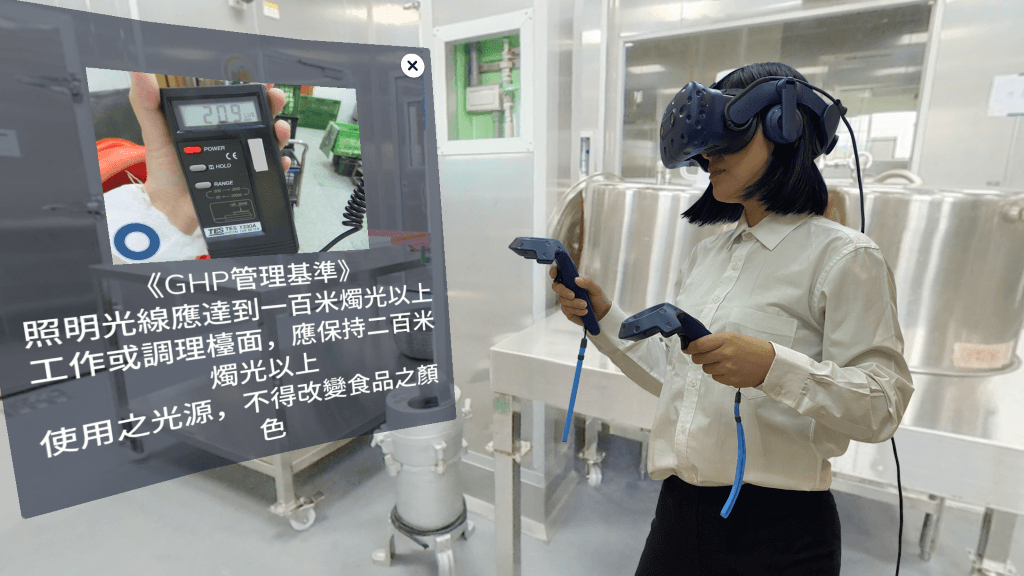Virti, HTC, and Taipei Medical University (TMU) are set to revolutionize Taiwan’s food safety training by developing immersive training content that leverages VR technology.
Meet Virti
Virti is a UK-based immersive training startup founded in 2018 by Dr. Alex Young, a trauma and orthopedic surgeon at the NHS, who is also the company’s CEO. According to Young, he started Virti to allow students the opportunity “to learn and practice [their skills] in a low-stakes, virtual world.”
HTC partnered with Virti to develop the Virti platform, which enables organizations to design and create unique immersive training materials by way of an end-to-end simulation suite. A separate study showed that the use of Virti’s technology resulted in better performance and improved confidence of participants.
Revolutionizing Taiwan’s Food Safety Training
TMU, which established Taiwan’s first College of Nutrition and the country’s first School of Food Safety in 2016 and 2017 respectively, collaborated with Taiwanese tech company HTC to improve the country’s food safety education and food processing industry.
Late last year, TMU, with the help of the HTC VIVE Medical VR division, established the Instructional VR Resource Center for Food Safety. It’s the first of its kind in the country, according to Professor Yue-Hwa Chen, the TMU School of Food Safety Department Director.

VR simulation has been used extensively in various industries. Its use cases range from manufacturing to learning and development. In this case, VR simulation is used to produce VR content that aligns with TMU’s learning syllabus.
Using the Virti platform, educators can design their own VR simulations to help food factory workers access and practice in a realistic training environment. Food safety training students and workers can access the VR training simulations using the HTC VIVE PC VR and VIVE Flow headsets.
These simulations allow students to practice real-world skills and gain knowledge on key food safety aspects, such as identifying potential hazards in the kitchen or restaurant and following the highest hygiene standards for food preparation and cooking.
Aside from that, students are also able to develop soft skills. “The process of developing their own VR simulations and sharing them with peers will not only help students consolidate what they’ve been learning, but it will also help them develop transferable soft skills that will stand them in good stead when they enter the world of work,” said Young in a press release.
The Importance of Food Safety Training
Foodborne illnesses are a pressing but preventable issue that affects millions of people worldwide. The World Health Organization estimates that 600 million people become ill after consuming contaminated food. More than 400,000 individuals perish annually because of foodborne diseases.
Food safety training is crucial in preventing foodborne illnesses and other potential health risks from affecting the public. Improper food handling and storage, hygiene, and inadequate food preparation are just some of the common issues that can be addressed by food safety training.
With food safety training, food handlers, restaurants, and factories can lessen or eliminate food waste. More importantly, they’re able to take proactive measures against contamination and food-related health risks, such as foodborne illnesses and allergies.




